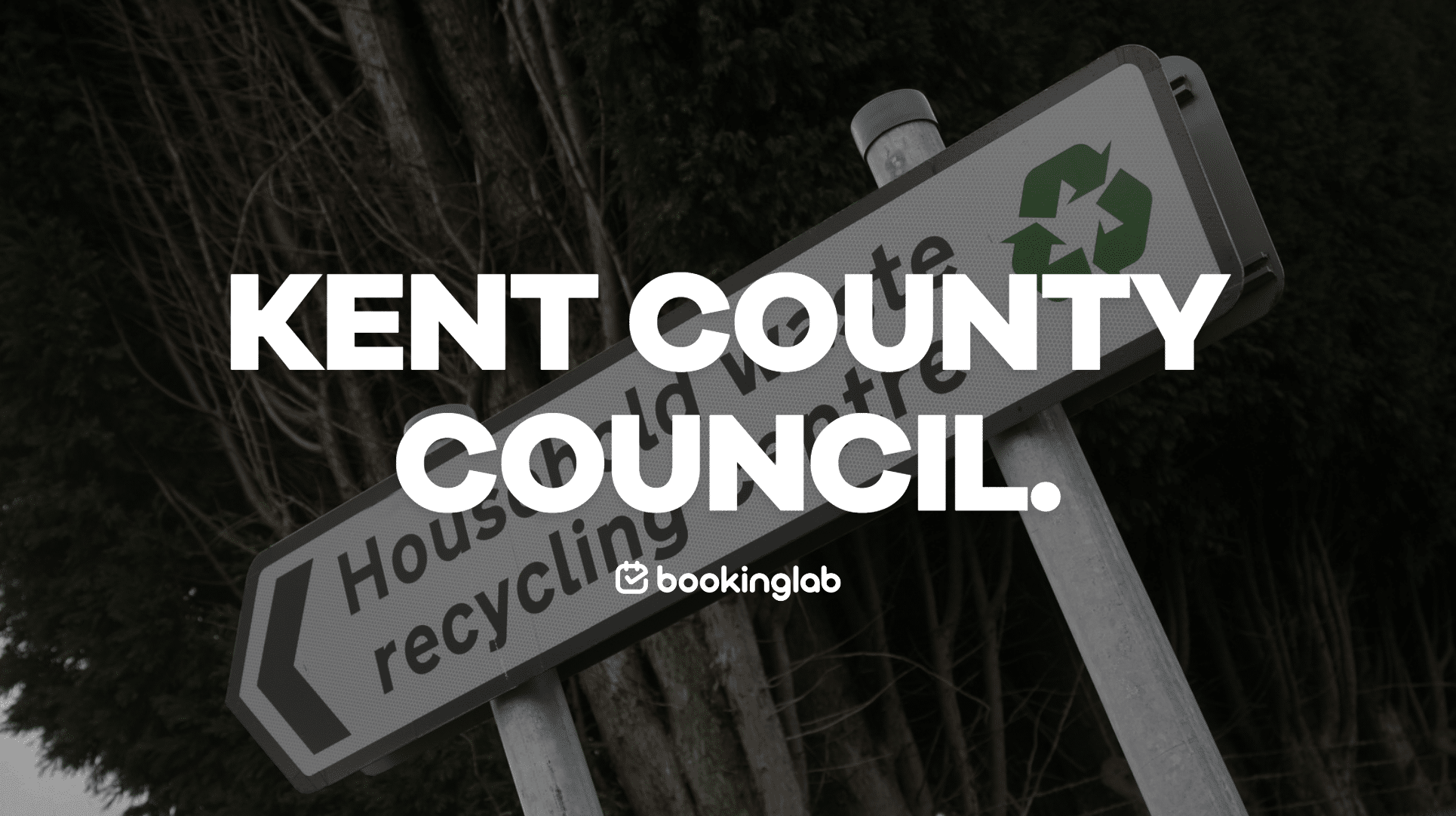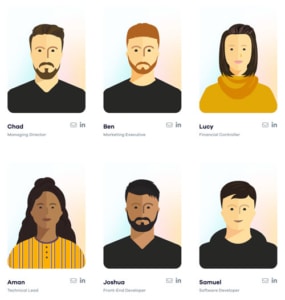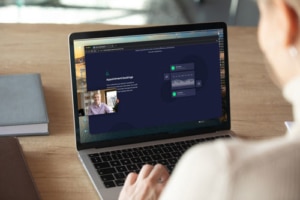Reflecting on a fantastic Local Gov Camp London

Introduction:
We attended LocalGovCamp London earlier this month.
This event (like others of its kind) is a fantastic opportunity to learn & share ideas with changemakers across the public sector.
Interestingly, a reoccurring theme throughout the day was a strong desire (& need) for more knowledge-sharing across local government.
With this in mind, we wanted to share some of the main topics covered across the various workshops, unconferences & collaborative brainstorming sessions, including:
- Channel shift 2.0 & leveraging self-service technology
- Designing effective minimum viable services for local gov
- The local gov as a platform approach
- Gov 4.0 through automation
- Process improvement as a foundation of transformation
- Improving the citizen experience through service design
- Culture change &
- Reducing reliance on legacy tech that is no longer fit-for-purpose
So, without further ado — let's dive into this in more detail & take a look at what we covered.
Workshop sessions (AM)
First up, Chad Duggan ran an interactive workshop on how to design effective Minimum Viable Services (MVS) for local gov.
The sessions began with a roundtable discussion on if/why MVS are important for councils.
Interestingly, all attendees agreed that the MVS design thinking is an invaluable tool for local government if applied correctly.
Here’s why:
- Lower associated costs
- Faster time to value
- Reduces over-engineering
- Ensures a citizen-centric focus
- Reduces risk
- Reduces complexity
After this discussion, attendees worked in teams to validate & prioritise requirements for a real-life Minimum Viable Family Hubs Service.
Using our 3-step framework, Team 1 reduced 16 requirements down to 8.
Meanwhile, Team 2 settled on 7 essential requirements.
This shows that we can build effective, ‘stripped back’ digital services, even with reduced budgets, time pressures & skill shortages — especially if we adopt the private sector service design methodology of learn, build, rollout, learn, refine & repeat.
If you’d like to learn more about the framework we use to validate these requirements, click here.
We'll also publish the consolidated list of service requirements from both LocalGovCamp North East & LocalGovCamp London over the coming weeks, so stay tuned for more.
Next up, Neil Lawrence & Gavin Beckett ran an interesting session on creating good council-supplier relationships.
In this workshop, attendees drew out what councils need from a digital supplier & behaviour's they'd like to discourage.
As part of this, participants were encouraged to share their experiences to devise publicly available standards that will:
- Help suppliers understand how councils need them to behave &
- Help local gov understand what changes in supplier management practices could help them get the kind of suppliers they want
Placecube will publish these standards in the coming weeks, so keep an eye out for them.
Ben Proctor then ran a session on how to use data action stories to inform your organisation's data needs.
In this session, Ben shared a conceptual framework known as Data Action Stories & gave participants some great tips on what makes a good data story.
In short, Data Action Stories are very similar to the User Stories concept applied in service design methodology. These Data Action Stories are used to decipher what data analysis/visualisation your council needs to move the needle & easily communicate these needs to data specialists.
After that, Nic Streatfield ran an eye-opening session on quantifying the impact of failure demand.
Nic shared that as much as 80 or 90 per cent of customer contact with councils may be avoidable.
Participants then discussed a model that attempts to quantify what failure demand will likely cost each individual council.
You can view the slides used in this session here.
The rest of the morning was filled with thought-provoking sessions on:
- How to drive human-centred digital transformation
- The importance of creating accessible, customer-centric digital services (Jadu’s The Website is the CRM session)
- Saving costs & delivering better citizen outcomes with process improvement &
- Design & development working together
Unconference sessions (PM)
And last but not least, here are some of the topics we discussed in the unconference sessions pitched by your local gov colleagues:
- Localisation vs Centralisation - what’s best?
- How to get buy-in & successfully drive culture change
- Sharing & collaborating across local gov to accelerate innovation
- Mastering self-service
- Decentralization vs Centralization
- Accessibility compliance
- Effective service design models
- Harnessing data-driven services
- How to improve your chances of designing a successful service
Note: we’ll share more on this in the coming weeks, so stay tuned for more in-depth session outputs & unconference learnings.




















